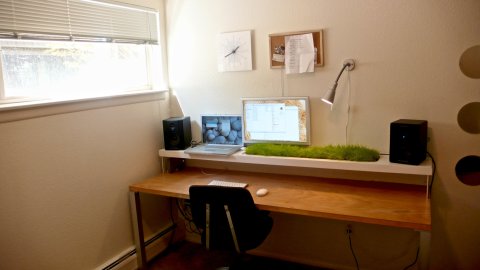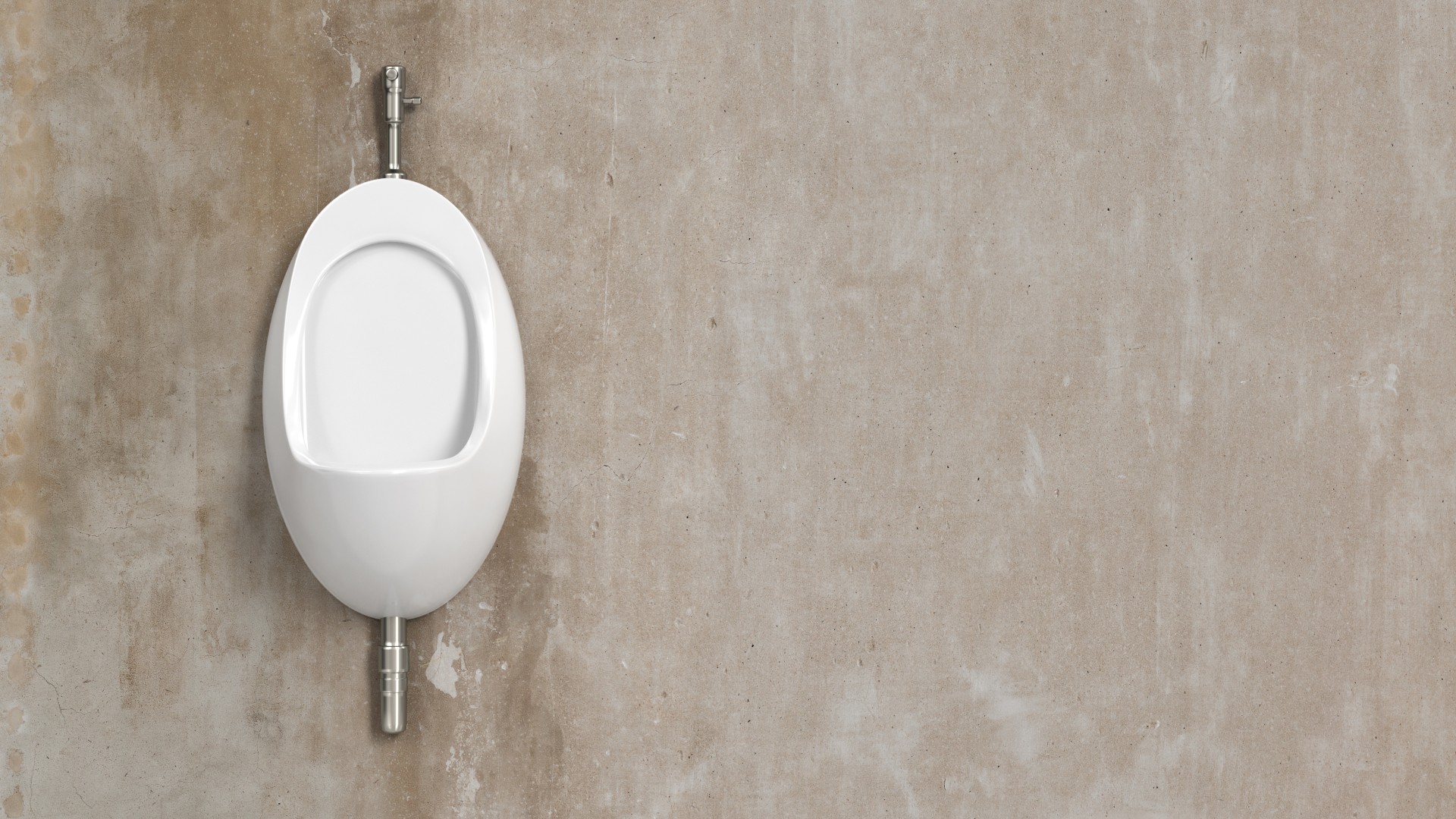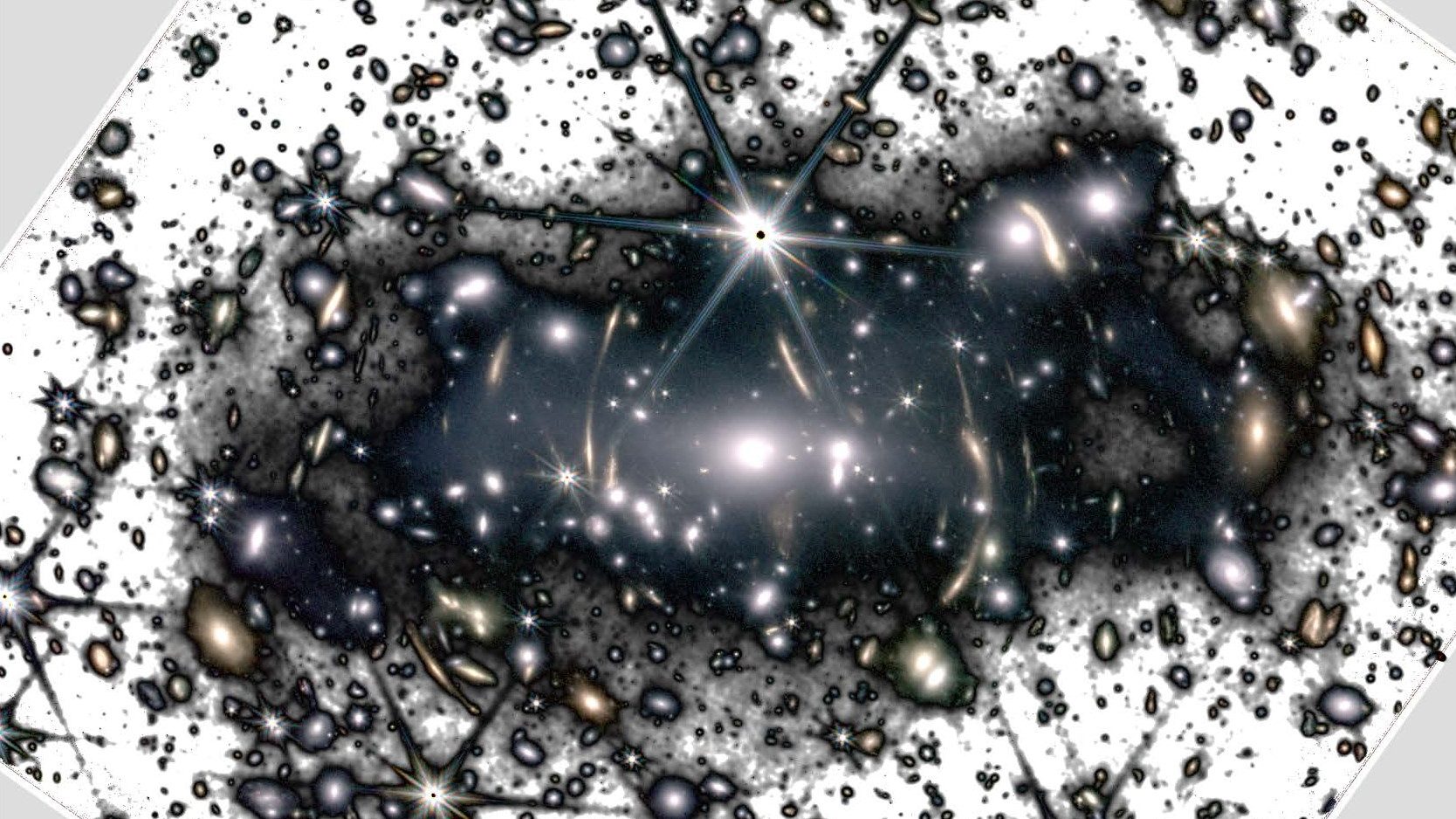A Clean Desk May Help You Work Though Frustrating Tasks

Messy workspaces have their benefits, some research suggests that the clutter makes people more creative. But there’s another aspect to the clutter, according to Boyoun (Grace) Chae and Rui (Juliet) Zhu, which may be undermining your ability to persevere through a difficult task.
The two published their study in the Journal of Consumer Research, which sought to find if a messy or clean environment dictated an individual’s self-regulation control. The researchers collected 103 student participants and directed them to sit in a room that featured a clean workspace or in a cluttered room with papers and items strewn about. In a separate room, researchers then asked participants to solve (an unsolvable) geometry puzzle. The researchers timed how long each person spent trying to solve the puzzle as a test to gauge persistence in the face of a frustrating task.
Participants who were placed in the neat environment spent an average of 1,117 seconds on the task, while those who sat in the cluttered space spent an average of 669 seconds on the task. The results show that those working in a clean space may feel unburdened by clutter and more mentally capable to take on a difficult problem. The saying, “A cluttered house is a cluttered head,” comes to mind. Chae and Zhu suggest that the mess “threatened participants’ sense of personal control. Coping with that threat from the physical environment caused a depletion of their mental resources, which in turn led to self-regulatory failure.”
“… although we don’t have data to back this up, we conjecture that a mess of your own creation may affect you even more strongly than a mess that’s been imposed by someone else. A self-created mess can become overwhelming because it serves as evidence that you’re unable to control your environment.”
Their assumptions are based off of some interesting connections in weight loss community that states if people unclutter their physical environment, they’re able to regain control over that space and focus on their weight goals. What do you think about their findings? Do these observations mirror your own life?
Read more at Harvard Business Review
Photo Credit: Nicholas Todd../Flickr





